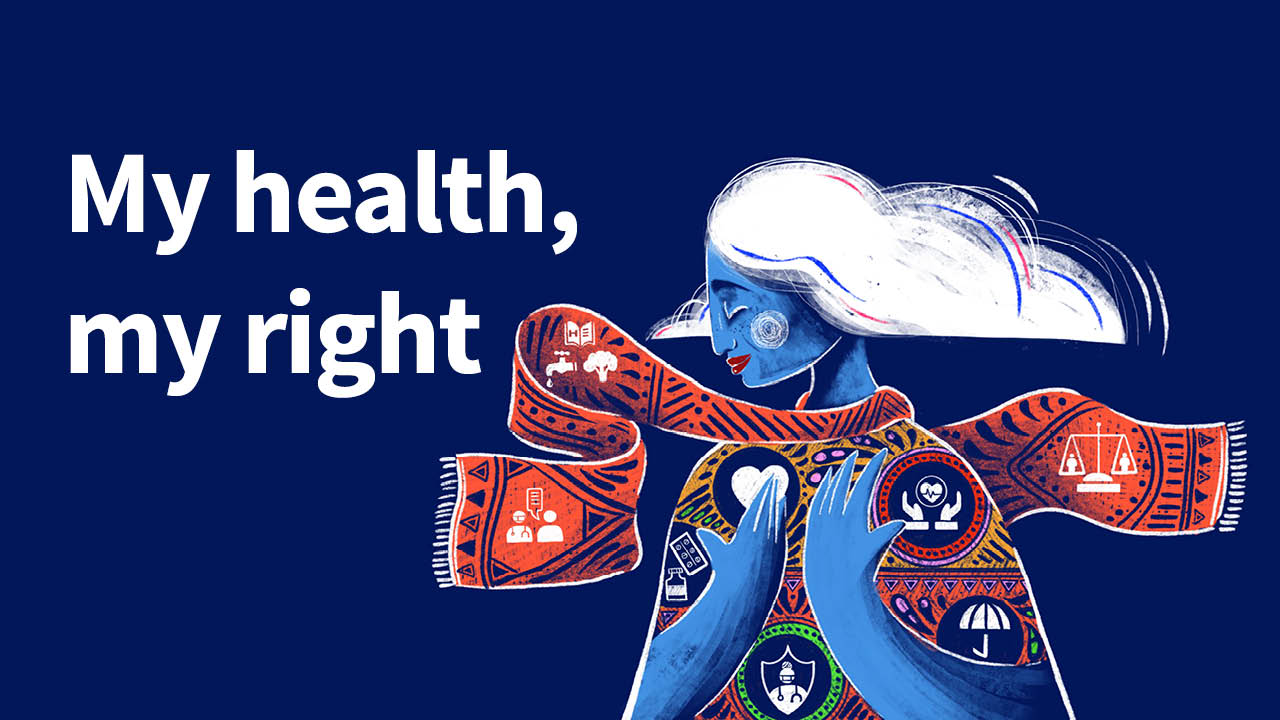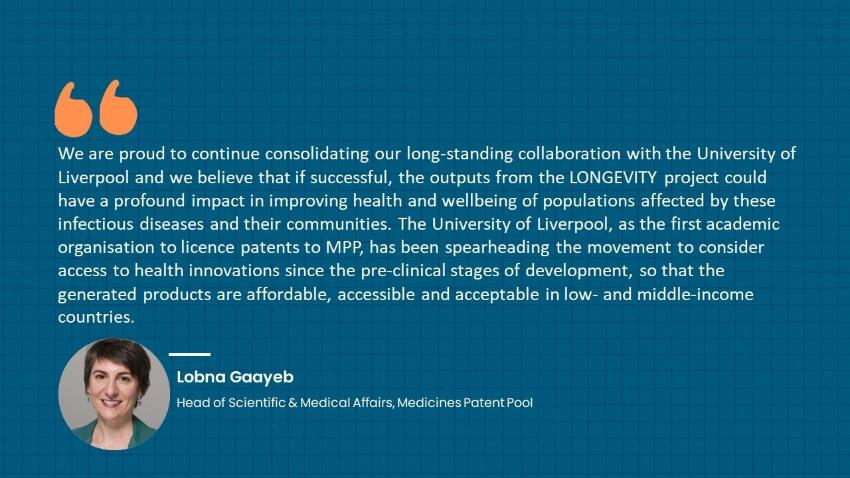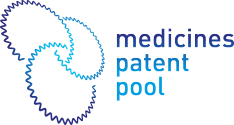Thoughts from the Centre of Excellence for Long-acting Therapeutics (CELT) on World Health Day
11 April 2024

Story initially published on the University of Liverpool’s Centre of Excellence for Long-acting Therapeutics website
Sunday 7 April was World Health Day where we recognise the work being done to address global needs in health.
What is World Health Day?
On the 7 April 1948, the World Health Organisation was founded and since then it has been recognised as World Health Day. “Each year draws attention to a specific health topic of concern to people all over the world” (WHO). This year’s theme is ‘My health, my right’ and was “chosen to champion the right of everyone, everywhere to have access to quality health services, education, and information” (WHO). We see that for millions the right to health is increasingly under threat from various causes such as disease, disasters, conflict and fossil fuels, to name a few.
Why is this year’s theme important to us?
‘My health, my right’ resonates here at the Centre of Excellence for Long-acting Therapeutics (CELT) as we were founded in an effort to address the inequity we see in access to medicines. Data shows there are vast differences in access to treatments of diseases simply depending on where someone lives when they are diagnosed and treated. Geographical location shouldn’t decide whether a person will receive treatment or survive a disease, but it does.
The biggest project within CELT’s work is the LONGEVITY project, a consortium made of some of our partner organisations, which is funded by global health agency Unitaid. LONGEVITY’s two main aims are to develop long-acting versions of medications to prevent or treat malaria, tuberculosis (TB) and hepatitis C virus (HCV), and to prioritise the availability of these medications in low- and middle- income countries (LMICs) where these diseases are prevalent and devastating. These ambitions build upon over a decade of research by CELT directors, Prof. Andrew Owen and Prof. Steve Rannard, who along with the wider CELT team whole heartedly believe that someone’s health is their absolute right and without efforts to explicitly prioritise LMICs, the inequity of access to convenient medication will continue.
This year’s theme made us think of three of our key partners. While all six of the consortium members involved in the LONGEVITY project are working towards the same goal, and are key to the ongoing work, these three were specifically set up with a focus on equity of medical access which sits at the core of their values.
Unitaid
Unitaid saves lives by making critical health products available and affordable for people in LMICs. They work with partners to identify innovative treatments, tests and tools, help tackle the market barriers that are holding them back, and get them to the people who need them most – fast. Since Unitaid was created in 2006, they have unlocked access to more than 100 groundbreaking health products to help address the world’s biggest health challenges, including HIV, TB, and malaria; women’s and children’s health; and pandemic prevention, preparedness and response. Every year, more than 170 million people benefit from the products Unitaid has helped roll out.
Find out more about Unitaid’s work here.
Clinton Health Access Initiative (CHAI)
CHAI was set up over 20 years ago with a goal to help save the lives of the millions of people living with HIV/AIDS, but since has expanded to other areas such as infectious diseases, women and children’s health, and assistive technologies for disabilities, to name a few. Their commitment is to save lives and improve health outcomes in LMICs “by enabling the government and private sector to strengthen and sustain quality health systems.” CHAI strives to create equitable access to health care through working with governments to improve existing public and private sector health systems.
The correlating principles between CHAI and LONGEVITY are clear and we work together to advance science, but they are specifically key in helping us estimate costs and define regulatory affairs strategies for LONGEVITY products. CHAI have been instrumental in setting our market-shaping strategies for long-acting medicines and have also empirically supported development of novel chemical entities for our work.
Find out more about CHAI’s work here.
Medicines Patent Pool (MPP)
Founded by the LONGEVITY funder Unitaid, MPP is committed to facilitating equitable access to essential medicines for LMICs. With a vision to be part of a world where people in LMICs can access effective and affordable medical treatments, MPP uses public health oriented voluntary licencing, technology transfer and patent pooling to improve access to high quality affordable medicines and health technologies.
Their work allows them to encourage quality assured generic medicines manufacture and development of new formulations to prioritise for LMIC usage. They have signed over 20 agreements with patent holders to work in health areas including HIV, hepatitis C, malaria, tuberculosis and cancer. An example of how important and enduring this relationship is, the University of Liverpool was the first academic organisation to licence patents arising from Prof. Owen and Prof. Rannard’s work to the Medicine Patent Pool back in 2015. You can find out more about that research here.

Treatment Action Group (TAG)
TAG was started in 1992 when members from activist group, ACT UP, created a non-profit organisation motivated to accelerate AIDS treatment research. They had a huge impact of the landscape of HIV medical research from that point and in 2002 included a focus towards TB treatment as a large co-infection killer of people living with HIV. Shortly after this they started work on HCV as well.
With a vision of the end of HIV, TB and HCV through development and worldwide dissemination of safe and effective preventatives and treatments, it’s understandable how TAG and CELT found each other to work as partners towards the same goal. We work together on LONGEVITY to strengthen technical capacity with community partners through education and advocacy to shape research strategies and effectively deploy long-acting technologies to meet the needs of affected communities.
While these three partners have equitable access to healthcare at their core, all our partners within the LONGEVITY consortium are working towards a shared goal that aligns with the WHO’s ‘My health, my right’ theme. World Health Day is a special day we recognise and celebrate, but this is our goal every day of the year and we hope to bring more organisations along this path with us. Long-acting medicines hold promise to be transformative for the effectiveness of treatments and preventative interventions for infectious disease, and offer options that protect healthcare privacy in a way not possible with other medicines.
The LONGEVITY project aims to simplify TB, malaria and hepatitis c virus treatment and preventative treatment to reduce the drug burden and the number of patients requiring complex therapies for active disease.
Find out more about the LONGEVITY project
The LONGEVITY Project is funded by global health agency Unitaid







